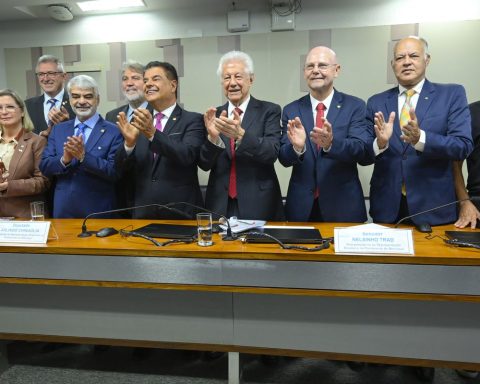The price of fuel will not stop growing due to the elimination of the Selective Consumption Tax (ISC) and, in addition, it will increase the fiscal deficit, which in turn will force new credits to be contracted, according to the Customs Directorate.
A fiscal hole of up to 400 million dollars could cause the elimination of the Selective Consumption Tax, a measure requested by truckers, who allege that this will reduce the price of fuel.
However, there is not a proportionality of sufficient weight between the ISC and what is paid for the fuel, according to the National Customs Directorate.
The institution cites as an example what happened on February 8, when the ISC of Type III Diesel went from G. 680 to G. 430, 85-octane Naphtha from G. 737 to G. 609 and Naphtha 91 from G. 2,312 to G. 2,051 respectively, but despite these adjustments, the private emblems raised their prices.
For their part, these cuts represented for the State, a decrease of G. 47,000 million. With these calculations, the SET estimates that eliminating the ISC will generate a fiscal hole of up to 400 million dollars per year and will force to resort to new credits.
“This approach is populist and will generate damage in the short, medium and long term. The worst thing is that it will not be able to maintain prices; much less reduce to previous levels,” the statement clarifies.
This week the creation of a Fuel Stabilization Fund will be studied, a project promoted by the Executive, but which will take time and therefore will not have an immediate effect.

















